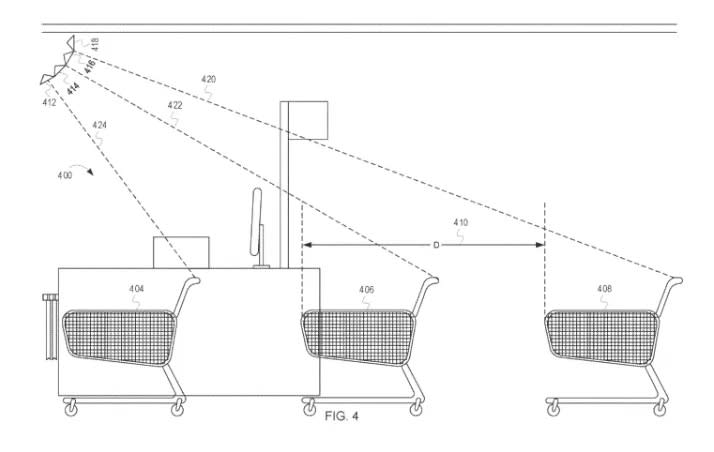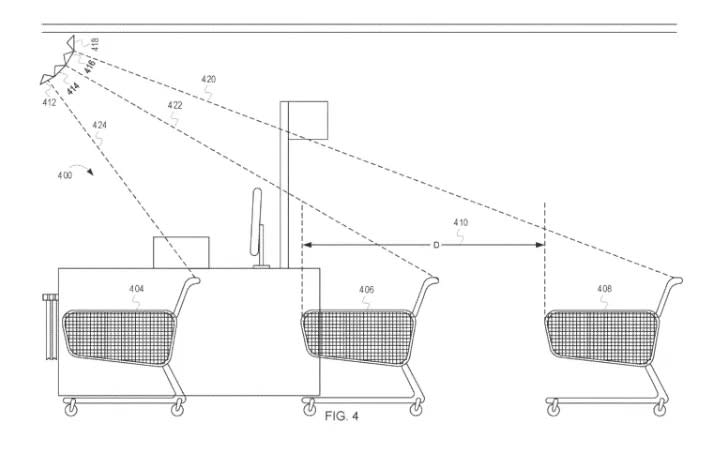Walmart patents surveillance tool that can eavesdrop on workers
It can judge an employee's productivity based on the sounds it collects.
It looks like Amazon and Walmart, which have long been battling it out in the retail arena, both want to keep a very close eye on their workers. Earlier this year, Amazon patented smart wristbands that can make sure a warehouse worker's hands are always moving. Now, its rival has patented an audio surveillance system, which can be used to listen to conversations between employees and customers at checkout. Before you freak out and think that Walmart has been listening to all the juicy gossip you've been dropping at checkout lines, know that it's still just a patent. And, of course, the company has refused to confirm or deny whether it's planning to actually use the technology to spy on its workers.
A spokesperson told BuzzFeed News:
"We're always thinking about new concepts and ways that will help us further enhance how we serve customers, but we don't have any further details to share on these patents at this time."
The audio surveillance system Walmart designed is composed of several sensors that can collect all kinds of audio data, including beeps and the rustling of paper bags. Any data it gathers can be used to assess an employee's performance -- for instance, the sounds items make when they're placed inside a bag can tell the company how efficient someone is at bagging purchases. Customers' voices can also indicate how long a line is and how quickly a cashier can get through all of them.

As BuzzFeed News points, though, the most invasive feature is the system's ability to understand conversations and use them to judge an employee's performance: "If however the performance metric is based on the content of the conversation (e.g., was a specific greeting used or script followed), the system can process the audio detected by the sound sensors 102 (e.g., using speech recognition) to determine the performance metric." It could get chattier cashiers in trouble even if they're customer favorites for being helpful and friendly.
The idea definitely suits Walmart's business model in the same way smart wristbands suit Amazon's, but that doesn't necessarily mean that it will be effective. Cornell Industrial and Labor Relations School assistant professor Ifeoma Ajunwa told the publication that "Several studies have shown that there is a psychological impact of pervasive surveillance." She said that it "can lead to this opposition feeling, where employees view the employer not as benevolent, but as dictators." In other words, the audio surveillance system could backfire on the retail giant and give rise to a resistance. If Walmart still decides to install it, though, there's little employees can do: Ajunwa says it's perfectly legal, so long as the company says it's for business purposes.




